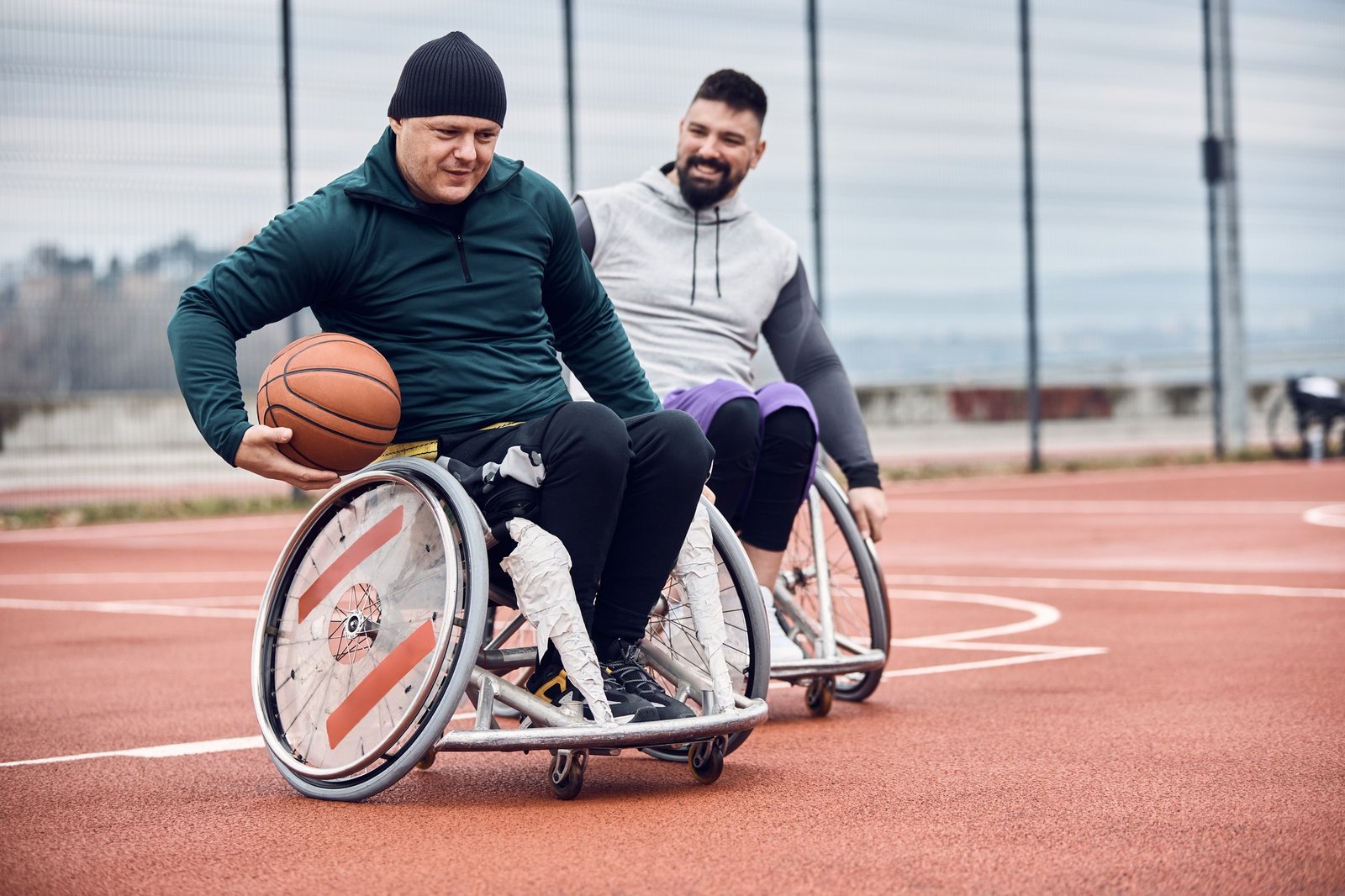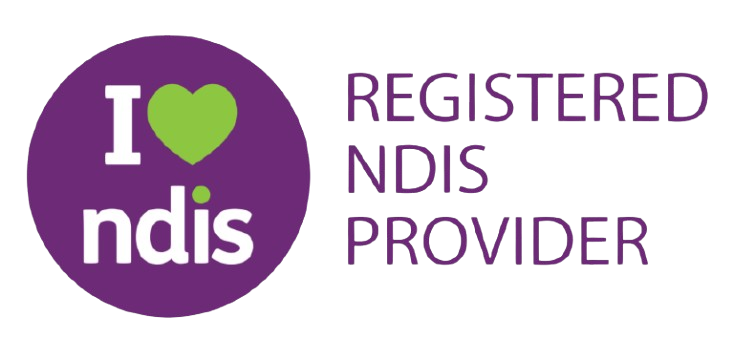Specializing in neurological care, enhancing independence and quality of life. Learn more;

The Benefits of Social and Recreational Activities for People with Disability
Participating in social and recreational activities is an important part of living a fulfilling, meaningful life. For people with disability, these activities can provide a sense of purpose, connection, and enjoyment. Here are some of the benefits of social and recreational activities for people with disability:
- Improved physical and mental health: Social and recreational activities can improve physical and mental health by providing opportunities for exercise, relaxation, and stress reduction. These activities can also boost mood and reduce feelings of loneliness and isolation.
- Enhanced social skills and relationships: Participating in social and recreational activities can help individuals with disability build social skills and form meaningful relationships. These activities can provide opportunities for social interaction, communication, and connection with others.
- Greater independence and autonomy: Social and recreational activities can help individuals with disability achieve greater independence and autonomy. These activities can provide opportunities for decision-making, problem-solving, and learning new skills, which can help build confidence and self-esteem.
- Increased participation in the community: Social and recreational activities can help individuals with disability participate more fully in their community. These activities can provide opportunities for learning, volunteering, and exploring new interests, which can help build a sense of belonging and purpose.
If you or someone you know is living with disability, consider the benefits of social and recreational activities and how they can be incorporated into your life. These activities can provide a sense of joy, connection, and purpose that can enhance overall well-being and quality of life.


